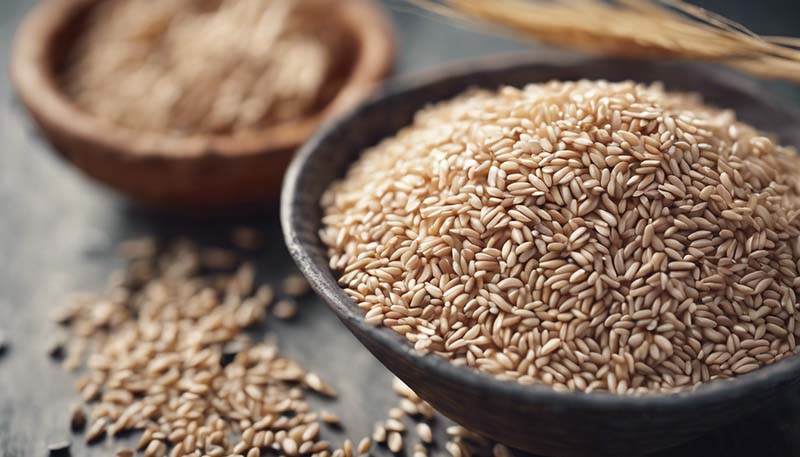The Benefits of a Low-Carb Diet for Insulin Resistance
Insulin resistance is a condition in which the body's cells do not respond properly to the hormone insulin, leading to high blood sugar levels and an increased risk of type 2 diabetes and cardiovascular disease. Adopting a low-carb diet can help improve insulin sensitivity and overall health.
How Insulin Resistance Develops
Insulin is a hormone that helps regulate blood sugar levels by allowing glucose to enter cells, where it can be used for energy. When the body becomes resistant to insulin, cells do not respond as effectively, leading to higher blood sugar levels and a need for more insulin to be produced.
The Role of Diet in Insulin Resistance
A diet high in carbohydrates, particularly refined and sugary ones, can contribute to insulin resistance by causing rapid spikes in blood sugar levels. This triggers the pancreas to produce more insulin, which can eventually lead to insulin resistance.
Benefits of a Low-Carb Diet for Insulin Resistance
- Improved blood sugar control
- Weight loss and reduced body fat
- Increased insulin sensitivity
- Lower risk of type 2 diabetes and cardiovascular disease
How to Adopt a Low-Carb Diet
Transitioning to a low-carb diet involves reducing your intake of carbohydrates and replacing them with healthy fats and proteins. Focus on consuming whole, unprocessed foods such as vegetables, lean meats, fish, nuts, and seeds.
Potential Challenges and Considerations
While a low-carb diet can offer numerous health benefits, it's essential to be aware of potential challenges, such as the "keto flu" experienced by some individuals when first starting the diet. It's also crucial to monitor your nutrient intake to ensure you're getting adequate vitamins and minerals.
Conclusion
A low-carb diet can be an effective tool for improving insulin resistance and reducing the risk of type 2 diabetes and cardiovascular disease. Before making significant dietary changes, it's important to consult with a healthcare professional to ensure the diet is appropriate for your individual needs.






























Join the discussion